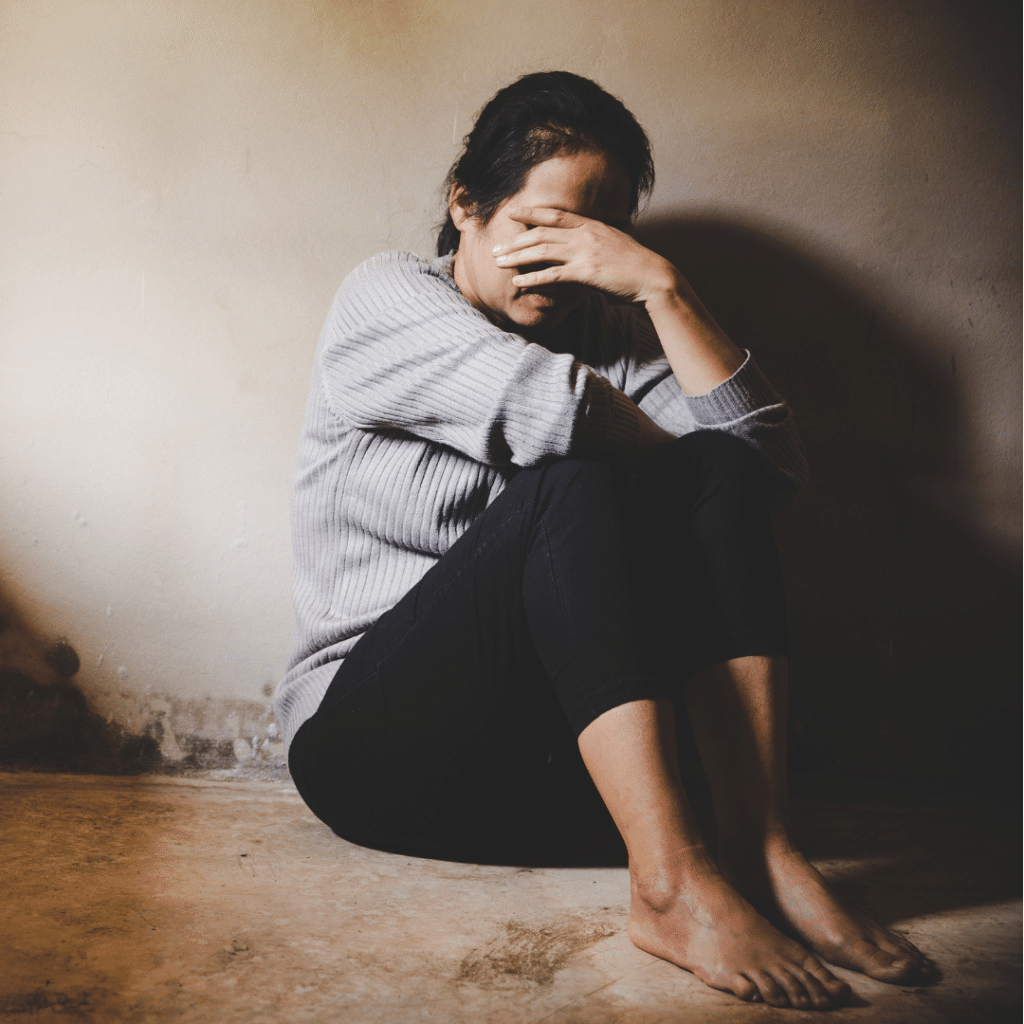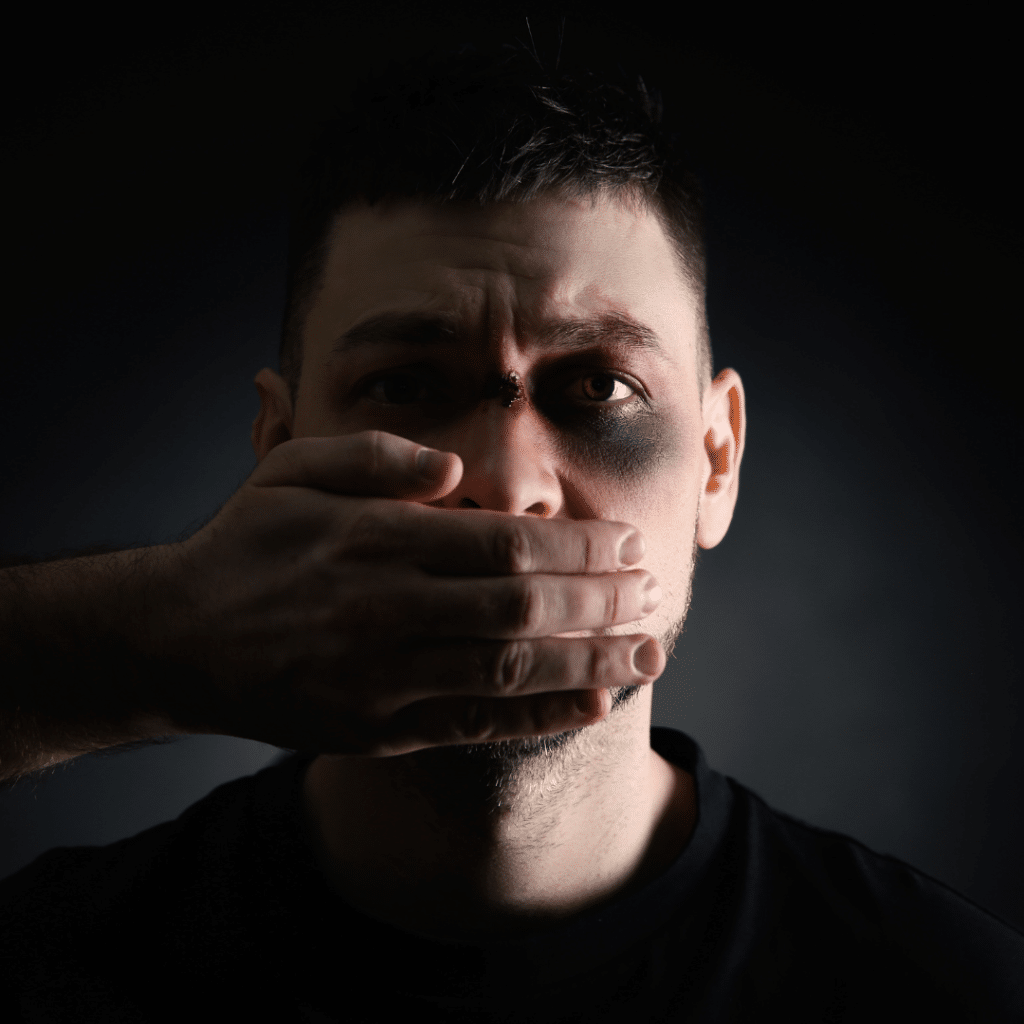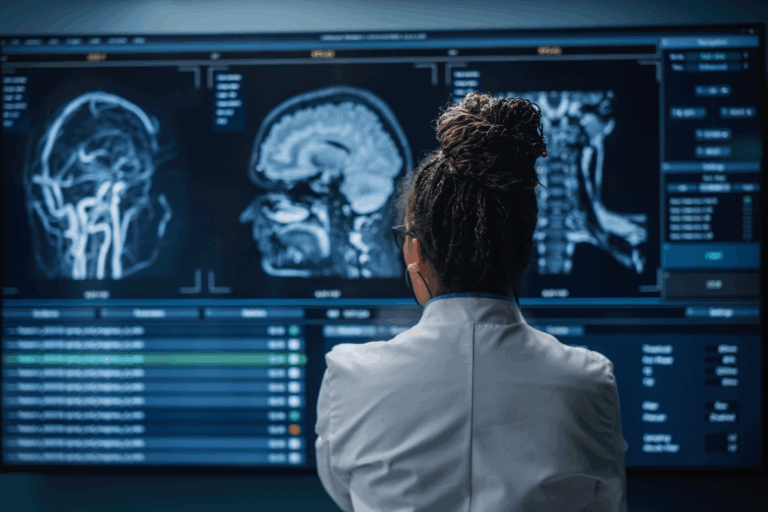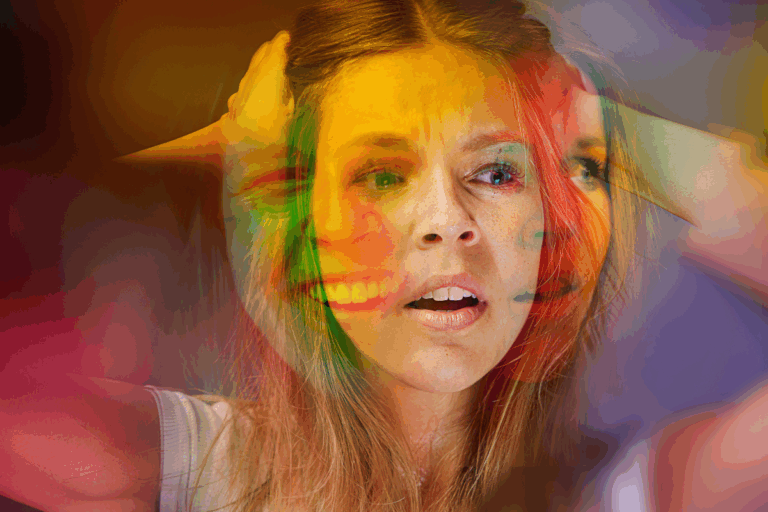Causes of Bipolar Disorder and Risk Factors of Bipolar Disorder – Genetic Predisposition and the Role of the Environment and Personal Experiences
Maddison Henley PA-C

Bipolar disorder, with its shifts in mood ranging from manic highs to depressive lows, is like a journey on a roller coaster that you never intended to board. When we dig into the causes of this mental health condition, it seems that there are complex factors, with a mix of genetic, environmental, and personal experiences.

The Genetic Mosaic
Imagine your genes as an intricate tapestry, woven with threads from both your mother’s and father’s sides of the family. It turns out, bipolar disorder might have a place in this molecular masterpiece. Studies have shown that if a close relative has the disorder, the chance of developing it yourself increases significantly. Yet, there’s no single ‘bipolar gene’—it’s believed that many genes, each contributing a small effect, combine to increase the risk.
But genes aren’t the puppet masters pulling every string. Identical twins, who share the same genetic code, won’t always both have bipolar disorder. This fact points to other players on the field, beyond our DNA.
Environment: The External Conductor

As we step out of the realm of genes, we find that the environment holds its own sway. Various environmental factors, like stress from life events, substance abuse, or hormonal changes, can act as triggers. Imagine a switchboard—while the wiring may be there for bipolar disorder, certain environmental factors can flip the switches, igniting the condition.
For instance, the loss of a loved one or other traumatic events can act like a heavy weight on the scale of mental health, tilting it towards the onset of bipolar symptoms. Meanwhile, substances that play with brain chemistry, like recreational drugs and alcohol, might kick-start the disorder in someone already at risk.
Personal Experiences: The Unique Imprint
Let’s not forget the personal experiences — the indelible marks that life leaves on us. These deeply affect how we perceive the world and how our mental health develops. Traumatic events during formative years, such as abuse or neglect, can affect your worldview, shaking the foundation of your mental stability.
Similarly, high levels of personal stress, from work, relationships, or financial pressures, can be the snowball that starts an avalanche. When it comes to bipolar disorder, these personal experiences can add another layer of risk—especially when combined with genetic predispositions and environmental factors.

Navigating the Terrain of Risk Factors
While the path leading to bipolar disorder can be convoluted, understanding the risk factors helps in navigating it. Knowing one’s family history can prime us to be more vigilant about the signs and symptoms. Recognizing environmental stressors enables us to manage them more effectively or even avoid certain triggers. And confronting personal experiences with therapy can help lighten the load on our mental health.
Think of bipolar disorder as a dance between our inner biological nature and the external world we interact with. It’s essential to recognize that while we may be predisposed to the rhythm of bipolar disorder, it doesn’t dictate our every step.
In Conclusion
While the causes of bipolar disorder are woven from many threads, grasping the interplay between genetics, environment, and personal experiences can offer insight and hope. It empowers individuals to seek knowledge, be proactive about their mental health, and when necessary, reach out for professional support.
As complex as the causes are, the journey towards stability, understanding, and management of bipolar disorder is one worth embarking on, and it’s a path you don’t have to walk alone. Whether it’s through medication management, lifestyle adjustments, or personal exploration in therapy, steps can be taken to mitigate the risks and dance to a tune that fosters balance and well-being.
Responsibly edited by AI
Other Blog Posts in
Animo Sano Psychiatry is open for patients in North Carolina, Georgia and Tennessee. If you’d like to schedule an appointment, please contact us.
Get Access to Behavioral Health Care
Let’s take your first step towards. Press the button to get started. We’ll be back to you as soon as possible.ecovery, together.




